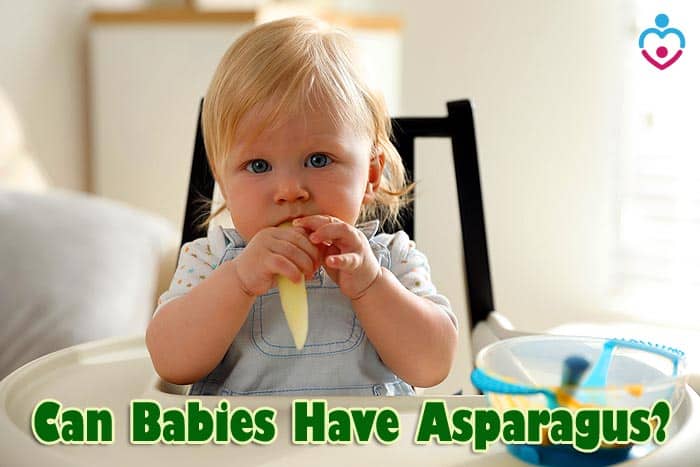
Asparagus is one of the best veggies to introduce to your baby as soon as they start eating solid foods. If you prepare it the right way, this vegetable can bring plenty of nutrients to your child's diet and support their growth. Asparagus is not just a healthy choice but also very tasty and easy to cook.
Jump to:
Can babies have asparagus?
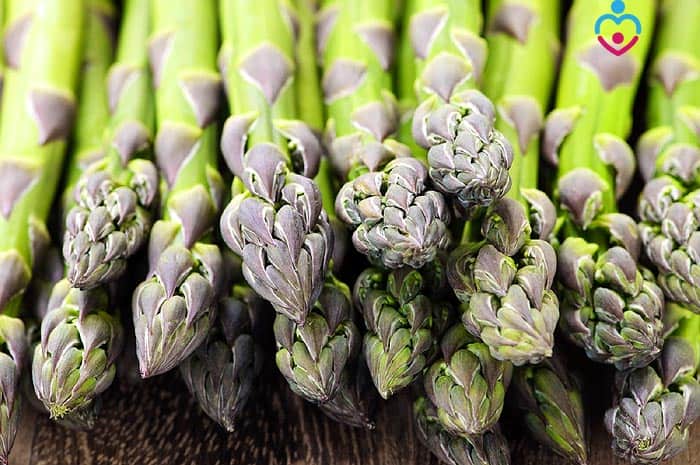
You can safely introduce asparagus to your baby's diet as soon as they turn 6 months old. As a matter of fact, this vegetable could be among some of the first options for your baby's new diet after the breastmilk phase.
We will discuss everything you need to know about introducing asparagus to your baby's diet as it follows!
![]()
When can a baby have asparagus?
As soon as your baby is ready for solid food, you can add asparagus to their diet.
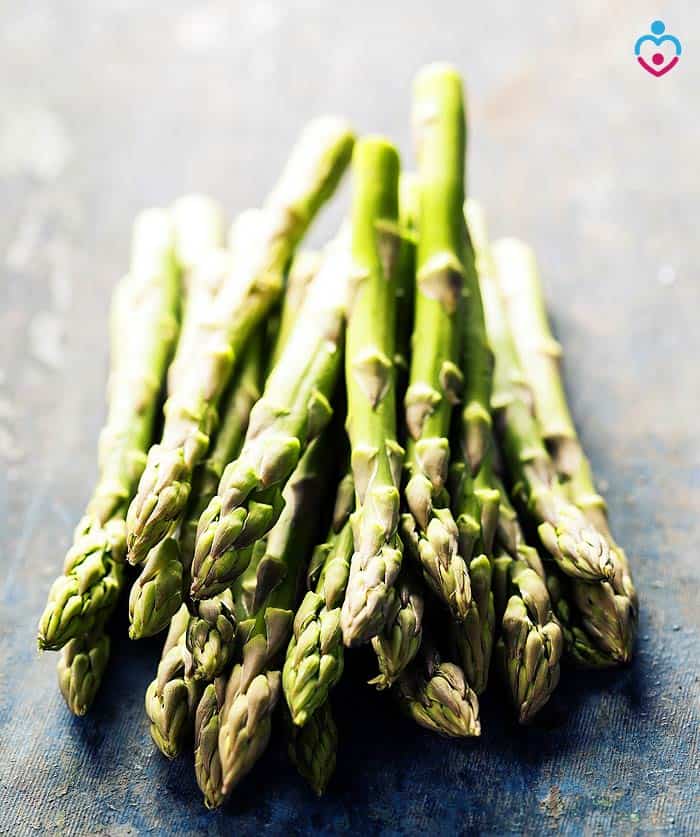
- Pediatricians agree that asparagus is an excellent choice for babies that are at least 6 months old. But keep in mind that each child is different.
- So, keep an eye on any side effects once you introduce this veggie to their diet or any other new food.
- It is essential to introduce asparagus by first seeing how your baby reacts to this new veggie.
Wait between 2 and 4 days between adding other new foods to their diet and observe potential unpleasant effects, if there are any.
![]()
Different types of asparagus
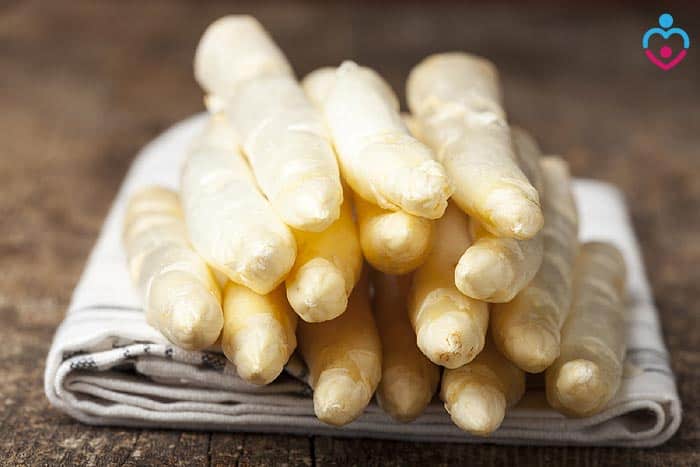
Even if asparagus is widely known under this one name, there are several strains of this vegetable. Asparagus has a history of over 2000 years, and it comes from Europe, West Asia, and Africa.
- On the market, you can find green asparagus, purple asparagus, white asparagus, and even a wild strain of asparagus.
- While these are the main types of asparagus, there are also eight other subtypes such as Apollo asparagus, Atlas asparagus, Jersey asparagus, Mary Washington asparagus, Precoce D'Argenteuil, Purple passion asparagus and UC157 kind, and Viking KB3 asparagus as well.
- All types of asparagus that you can find on the market are safe for your baby to eat. Depending on the climate of your region, you will find different kinds of asparagus.
However, all of them have similar properties and bring almost the same nutrients to the table.
![]()
Nutritional benefits of asparagus for babies
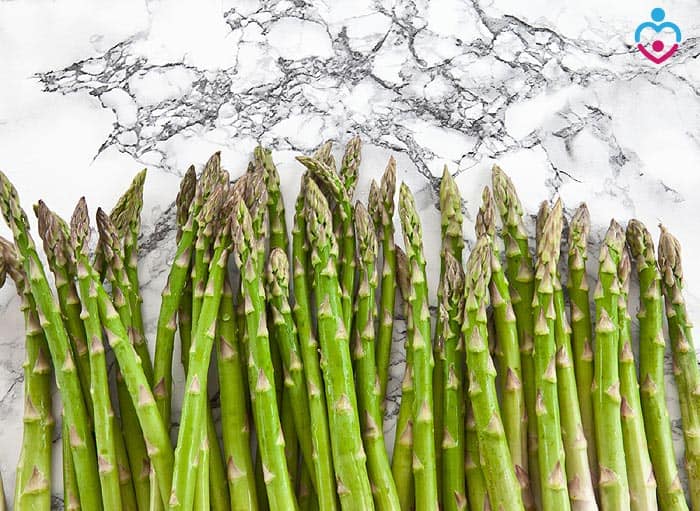
Asparagus, regardless of the kind you choose, is one of the healthiest veggies you can add to your baby's meal.
- In a portion of asparagus, you can find iron, zing as well as riboflavin. It is rich in vitamin K and folate. Vitamin K is essential in the blood clotting process and, along with the rest of the nutrients, will give your baby the support to grow healthy and strong.
- Asparagus also contains antioxidants. It has a high concentration of vitamin C and vitamin E and flavonoids, glutathione, and polyphenols.
- Thanks to these vitamins and nutrients, your baby will develop a healthy heart and optimum blood pressure.
- By introducing asparagus to your baby's diet, you help them have a healthy digestive system as well.
- The fiber in this vegetable supports digestion and prevents constipation. It contains both soluble and insoluble fiber for regular and firm stools.
![]()
How to cook asparagus for babies?
Asparagus is a type of vegetable that you can cook in various ways. Ultimately your baby will indicate clearly how they like the asparagus made. But until then, you will have to try to prepare this veggie in different ways.
- The best way to cook asparagus for babies is to chop it into little bites. This way, you avoid choking hazards, and if you steam it or boil it correctly, your baby will have no problem eating it.
- You can also add asparagus to different purees, but you will have to boil it for a longer time to get it as soft as you need.
- Make sure to never give your baby pieces of asparagus that they can choke on, especially when younger than two years.
You can also chop asparagus in small pieces and add it to omelets along with other chopped veggies.
Suggested Reading:
![]()
Allergic reaction/side effects to asparagus for babies
All foods can present allergic reactions to some people, and babies are even more sensitive. Asparagus can have side effects as well, even if these are rare, and most often, they just appear in a mild form.
- Asparagus allergies are not common, but if your baby has a sensitivity to this vegetable, you will notice symptoms in the first two to four days after eating it for the first time.
- One of the most common side effects is a skin rash, and this reaction can appear only by touching the asparagus.
- Internal effects such as digestive issues or breathing problems are extremely rare.
- If you notice that your baby developed any type of skin rash after eating asparagus, stop feeding them this vegetable and talk to your pediatrician.
- Babies that are allergic to asparagus will most likely present allergy to garlic chives, or onion and leak.
Suggested Reading:
![]()
Is asparagus good for toddlers?
Asparagus is very healthy for toddlers, and it is one of those veggies that you might want to keep in their diet for the long run.
- Start by introducing a small quantity of asparagus and gradually increase the portion as your baby grows older.
- Asparagus will help your baby develop healthy digestion and have regular bowels thanks to the fiber concentration.
- It also helps the healthy development of the heart and a robust immune system as it contains vitamin B and nutrients such as iron, copper, and selenium.
- The folate in asparagus will support cell development as well as tissue development. It is rich in vitamin E, C, and K, with the last one supporting a healthy blood clotting process.
Suggested Reading:
![]()
Top 5 baby-led asparagus recipes
If you are not sure how to prepare asparagus for your baby, here are five easy to make and healthy recipes to try.
1. Asparagus and apple puree
One of the best asparagus recipes to try for your baby is the asparagus and apple puree. For this recipe, you will need half an apply and four asparagus spears. You can add a pinch of salt or homemade stock for extra flavor.
- Peel the apple and remove the core before cutting it into cubes.
- Add the apple cubes and asparagus spears into a pan and cover with water or stock along with a little salt.
- Allow the ingredients to boil for about five to ten minutes. When they have a smooth texture, add them to a blender and blend until you obtain a creamy texture.
- Give it a few minutes to cool down and serve to your baby.
This recipe is excellent for babies who are at least six months old.
![]()
2. Asparagus omelet
If your baby likes eggs and you know they don't have an intolerance, you can prepare them a fast and easy omelet with asparagus.
- You will need 2 eggs, 2 tablespoons of cream cheese, and 2 asparagus spears.
- Cook the asparagus and chop it into small pieces.
- Beat the eggs and add them to a pre-heated frying pan.
- When the eggs start to get a bit of a crust, mix the asparagus with the cream cheese and add it to the pan.
- Cook until the omelet is gaining a brown color on the edges. Let the omelet cool down and serve to your baby.
You can cook this omelet for babies of at least six months old.
![]()
3. Asparagus in tortilla finger food
This recipe is straightforward to make, and your baby will love it every time they get it.
- You need asparagus spears, tortilla, and cheddar cheese in a grated form.
- Cook the asparagus for a few minutes on the grill before starting this recipe.
- All you have to do is add the cheese inside the tortilla wrap along with one asparagus spear.
- Roll the wrap and grill it until you notice the cheese melted.
- Give it time to cool down and feel the rolls to your baby.
This recipe will be mostly appreciated by babies of eight months or older.
Suggested Reading:
![]()
4. Sweet potato and asparagus puree
Most babies love sweet potato, and if you combine it with asparagus, you can't go wrong.
- Cook the asparagus on the grill for up to 5 minutes and boil the sweet potato separately until it becomes soft.
- Take both veggies and add them to a blender along with water or stock.
- You can also add a little salt, but this is optional.
- Blend the ingredients until you obtain a creamy texture and serve it to your baby.
You can serve this to your baby as soon as they start solid foods at 6 months.
Suggested Reading:
![]()
5. Asparagus and rice cereal puree
You will need three asparagus, spears, and a cup of rice cereal for babies, along with water, formula, or breastmilk. This is an excellent recipe for transitioning from breastfeeding to solid foods.
- Steam the asparagus for up to 15 minutes and cut it into small pieces.
- Add it along with the rice cereal and a cup of liquid from the options above and blend everything until you obtain the texture you want.
- For babies who are 6 months old, the creamer the texture, the better.
- Asparagus will bring plenty of essential nutrients to your baby's diet.
- Considering that you have several ways of preparing this tasty vegetable, you might discover that it is one of the best choices to have in your kitchen.
Suggested Reading:
![]()
Keep in mind to look after potential side effects after you add asparagus to your baby's meals. If you notice any side effects, don't hesitate to talk to your doctor.
Key References
- "Diversity of asparagus allergy: clinical and immunological features - PubMed". Accessed January 25, 2021. Link.




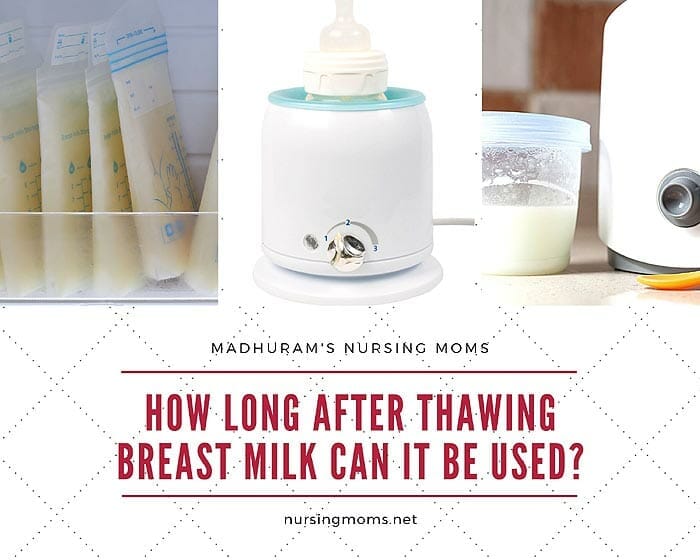
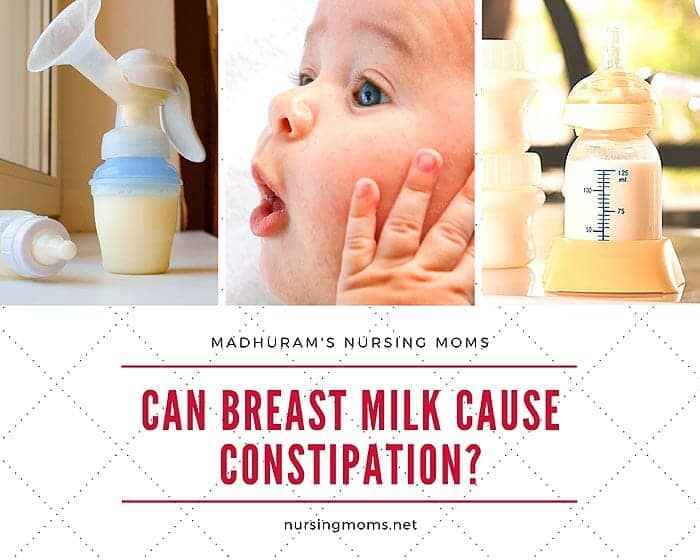


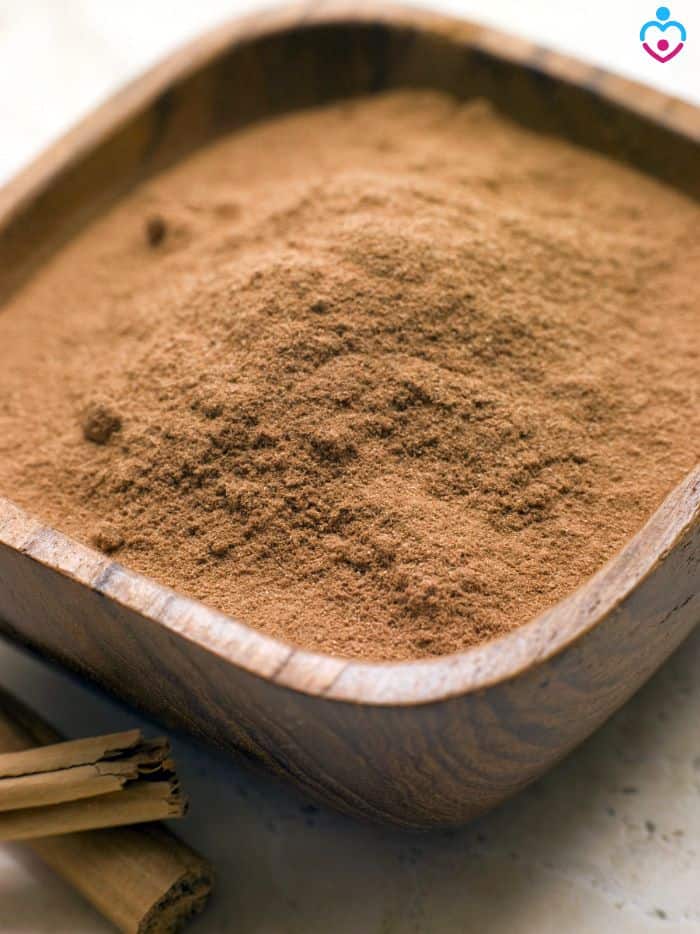
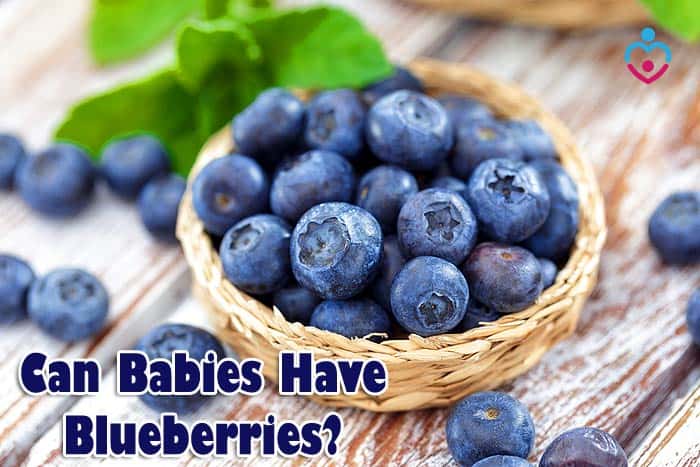
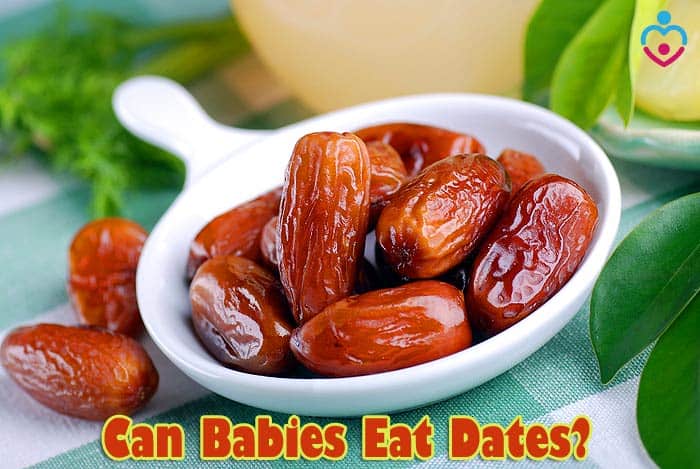
Leave a Reply